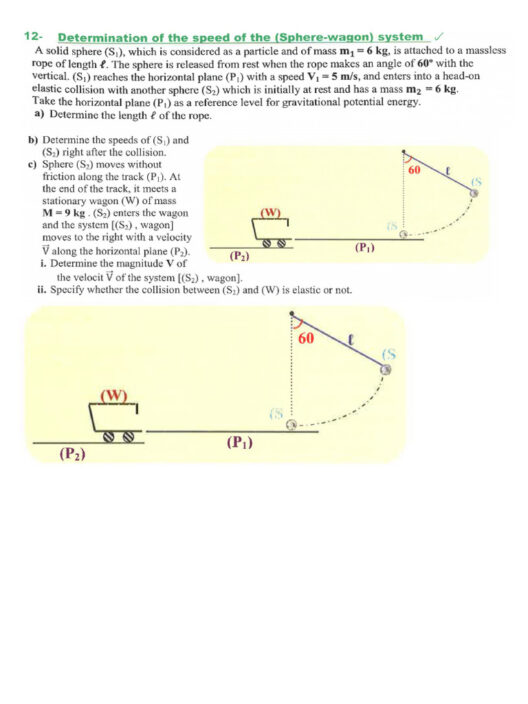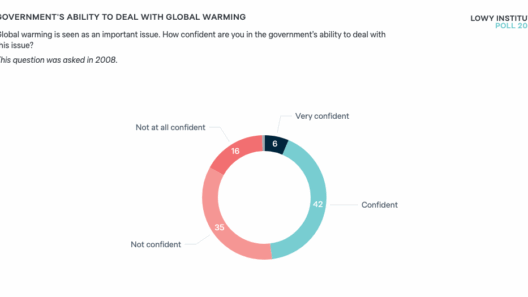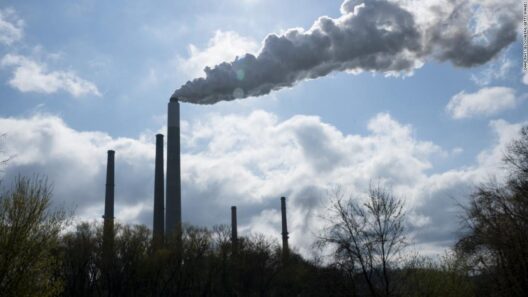As we navigate through the complexities of climate change, the plight of Vanuatu’s shores serves as a poignant representation of the broader environmental crisis affecting island nations worldwide. Situated in the South Pacific, Vanuatu is an archipelago consisting of approximately 83 islands, renowned for its rich biodiversity, vibrant cultures, and stunning landscapes. However, these attributes are under dire threat as rising sea levels and extreme weather events increasingly erode the land and exacerbate the precariousness of island life.
Globally, the phenomenon of coastal erosion has emerged as a critical indicator of climate change. Vanuatu’s islands, characterized by their low-lying topographies, are particularly susceptible. The steady increase in sea levels—correlated with the melting polar ice caps and the thermal expansion of seawater—poses an existential threat to the very fabric of these communities. With predictions suggesting that global sea levels could rise between one and two meters by the end of the century, the implications for Vanuatu are alarming. It is estimated that several islands in the archipelago may become uninhabitable as early as 2050.
The fascination with Vanuatu’s vanishing shores is not merely an observation of physical degradation; it encapsulates a complex interplay of cultural, social, and economic dynamics. The loss of land equates to the loss of not only territorial integrity but also cultural heritage. For the indigenous populations, land is intertwined with identity, traditions, and cultural practices. As ancestral lands disappear beneath the waves, so too do the stories, rituals, and communal ties that bind these people to their environment. This erosion catalyzes a deep sense of existential crisis, one that calls into question the viability of their future in a rapidly changing world.
Furthermore, the imminent threats imposed by climate change have intensified economic vulnerabilities within Vanuatu. The nation is heavily reliant on agriculture and tourism, both of which are highly sensitive to climatic fluctuations. Coastal erosion jeopardizes agricultural lands, while the degradation of natural landscapes deter tourists, who flock to the islands for their pristine beaches and unspoiled nature. This economic duality presents a paradox: as climate change wreaks havoc, the very livelihoods of Vanuatu’s citizens are imperiled, thereby fueling a cycle of poverty and displacement that could necessitate a population exodus.
Responses to these burgeoning challenges must be multifaceted. Adaptation strategies are imperative for mitigating the effects of climate change on vulnerable islands. Community-led initiatives aimed at sustainable land management can help enhance resilience, while infrastructure improvements, such as the development of sea walls and the restoration of mangrove ecosystems, offer potential buffers against rising tides. However, these solutions require substantial investment and commitment, both locally and globally.
In addressing the national and international dimensions of climate change, regional cooperation and advocacy become paramount. Vanuatu is leading efforts on global platforms to raise awareness about the plight of small island developing states (SIDS). It has been vocal at United Nations conferences, tirelessly advocating for aggressive global action to limit carbon emissions and formalize climate finance mechanisms to support vulnerable nations. Such initiatives underscore the importance of solidarity, as climate change is a global issue that transcends borders and necessitates collective action.
The nuance of Vanuatu’s situation also lies in its status as a harbinger of a future reality faced by many other coastal and island communities. As climate scientists and scholars examine the intricate tapestry of climate change impacts, the lessons learned from Vanuatu hold significant implications for global climate policy. Ignoring these early signs could lead to catastrophic outcomes not just for the region but for the entire planet. The interconnectivity of our environments implies that the struggles faced by Vanuatu are a precursor to wider, more devastating trends if action is not taken.
Moreover, the global narrative surrounding climate change must evolve to elevate the voices of those at the frontline. The climate crisis disproportionately affects marginalized and underrepresented populations, particularly in developing nations like Vanuatu. Advocacy efforts should prioritize experiential accounts from locals, integrating their insights and skepticism into policy discussions. Community resilience, traditional ecological knowledge, and cultural frameworks should be considered vital components of climate adaptability. This approach fosters a more inclusive dialogue that honors the voices that are often overlooked in high-stakes negotiations.
Looking ahead, the future of Vanuatu’s shores hinges on both local action and international cooperation. It serves as a crucial reminder that climate change is not an isolated environmental issue; it is a confluence of social justice, economic stability, and cultural preservation. The juxtaposition of beautiful landscapes with the grim reality of impending erosion and displacement invites a reevaluation of our relationship with the planet. Vanuatu’s vanishing shores epitomize the urgency with which we must approach climate action and the fundamental changes required to confront this unprecedented crisis.
In conclusion, the plight of Vanuatu encapsulates the existential threat posed by climate change and reflects a deeper narrative of loss, resilience, and hope. It urges us to consider both the immediate and long-term ramifications of our environmental choices and emphasizes the necessity for global solidarity in combating the climate crisis. The fight to save Vanuatu’s shores is not just about preserving an island; it is about safeguarding the stories, lives, and cultures entwined with its lands—a universal struggle for humanity’s future.







